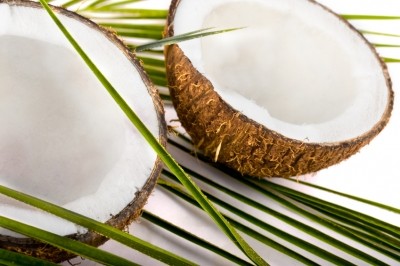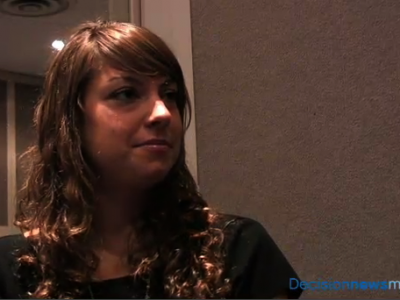Fair for Life standard attracts cosmetics players
The company uses shea butter from Togo as the basis for its products, which include pure unrefined shea butter, face care products and hair care formulations.
According to Alaffia, the Fair for Life certification verifies its actions and allows customers to make an informed choice between its products and those of other companies that are not certified.
“Since our beginning, we have engaged in fair trade practices, but at the customer level it can be difficult to get this across without an independent certification,” a spokesperson for the company told CosmeticsDesign.com USA.
In addition, the company said certification will help it to continue driving the fairtrade movement in the US cosmetics and skin care market.
“This certification helps us promote the importance of fair trade in this industry and lends integrity to our work,” the spokesperson said.
Other cosmetics players who are certified under the scheme include Dr Bronner’s Magic Soaps, and a number of suppliers of ingredients such as coconut oil including Sri Lankan company Serendipol.
Alternative fairtrade certification
The Fair for Life standard was created in 2006 in conjunction with Switzerland-headquartered certifying body IMO, in order to provide an alternative fairtrade standard that could cover products such as cosmetics.
At the time, the only other option for certification was the Fair Trade Labelling Organizations (FLO), explained Kerry Hughes from IMO.
The FLO takes a more product-specific approach, with the standard for bananas differing from that for tea for example, and the number of products that could be certified at the time was limited, although this is now growing, she added.
“This naturally left out many types of products and genuine fair trade operations from around the world from being certified,” she said.
Fair for Life covers a wide range of materials and products including wild harvested products such as medicinal herbs, multi-ingredient products and non-food items.
It can also be used to certify smallholder cooperatives rather than just single producers, as well as auditing the ultimate buyer of those fairtrade ingredients which is often a company in the developed world to ensure their fair business practices.
Hughes said this can be seen as a holistic approach as participation from the supply chain is necessary, as is involvement from upscale companies in the chain.














